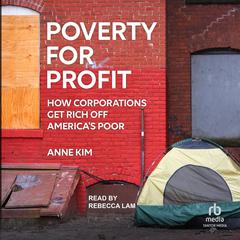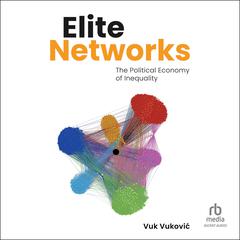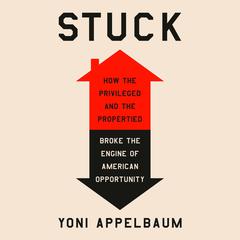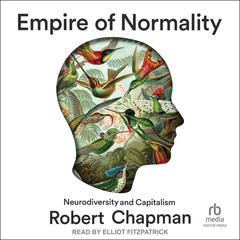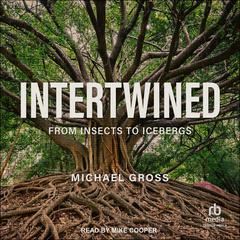 Play Audiobook Sample
Play Audiobook Sample
Market Your Way to Growth: 8 Ways to Win Audiobook
 Play Audiobook Sample
Play Audiobook Sample
Quick Stats About this Audiobook
Total Audiobook Chapters:
Longest Chapter Length:
Shortest Chapter Length:
Average Chapter Length:
Audiobooks by this Author:
Publisher Description
The US, Europe, and Japan are facing the prospect of low and slow economic growth for the balance of this decade. Their economies will not be able to create enough jobs to match the size and growth of their workforces especially for younger workers, nor will they keep pace with generating the tax revenues needed to even begin to deleverage their countries enormous accumulated public debt. How can businesses grow in this difficult macroeconomic environment? In this book, Professor Kotler explains the seven basic pathways that can deliver growth even in a slow growth economy: Grow by Building Your Market Share. What is the best way to out-perform your competitors and grow your market share? Grow by Developing Enthusiastic Customers and Stakeholders. How can your company create fans and develop dedicated supply chain partners? Grow by Building a Powerful Brand. What can your company do to design and implement a powerful brand to serve as a living platform for its strategy and actions? Grow by Innovating New Products, Services and Experiences. How can your company develop a culture of innovation and think freshly about new offerings and experiences? Grow by International Expansion. How can you identity international macro and micro pockets of high growth and enter them successfully? Grow by Acquisitions, Merger and Alliances. How can our company grow through identifying attractive partnering opportunities through acquisitions, mergers and alliances? Grow by Building an Outstanding Reputation for Social Responsibility. How can we improve our companys social character to win more respect and support from the public and our stakeholders?
Download and start listening now!
Market Your Way to Growth Listener Reviews
Be the first to write a review about this audiobook!
About the Authors
Philip Kotler is the SC Johnson & Son Distinguished Professor of International Marketing at the Kellogg School of Management, Northwestern University. Although best known as a marketing guru, Kotler is a classically trained economist who did his master’s studies at the University of Chicago under Milton Friedman, the famed Nobel laureate and free-market evangelist, before moving to MIT to pursue a PhD under Paul Samuelson and Robert Solow, two Nobel Prize–winning Keynesian economists.























